World 1901-present
Some of the most profound and influential changes in world history take place from 1901 to today and covered here are many of the important and well known ones as well as some of the smaller stories. In terms of reach this section covers huge themes on diplomacy, post imperialism and economics. The articles cover the time period right up into recent events such as the State of the Union address by the US President Barrack Obama.
Sort by:
Date (Newest first) | Title A-Z
Show:
All |
Articles |
Podcasts |
Multipage Articles
-
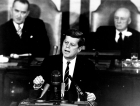
'But why then?' Chronological context and historical interpretations
ArticleClick to view -

'Which was more important Sir, ordinary people getting electricity or the rise of Hitler?' Using Ethel and Ernest with Year 9
ArticleClick to view -
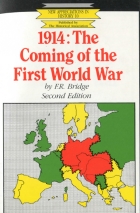
1914: The Coming of the First World War
ArticleClick to view -

A comparative revolution?
ArticleClick to view -

Absence and myopia in A-level coursework
ArticleClick to view -
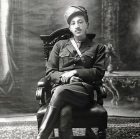
Afghanistan in the 1950s - Films
ArticleClick to view -
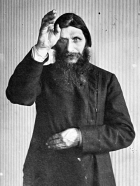
Alexandra and Rasputin
ArticleClick to view -

An authentic voice: perspectives on the value of listening to survivors of genocide
ArticleClick to view -

Ants and the Tet Offensive: teaching Year 11 to tell the difference
ArticleClick to view -
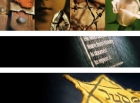
Being historically rigorous with creativity
ArticleClick to view -
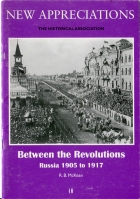
Between the Revolutions: Russia 1905 to 1917
ArticleClick to view -
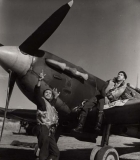
Bill Hall - Empire at War
Multipage ArticleClick to view -

Brazil and the two World Wars
ArticleClick to view -

Breaking the 20 year rule: very modern history at GCSE
ArticleClick to view -
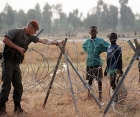
Bringing Rwanda into the classroom
ArticleClick to view -

Building an overview of the historic roots of antisemitism
ArticleClick to view -
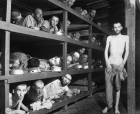
Can we educate Year 9 in genocide prevention?
ArticleClick to view -

Come together: putting popular music at the heart of historical enquiry
ArticleClick to view -

Confronting conflicts: history teachers’ reactions to spontaneous controversial remarks
ArticleClick to view -

Cunning Plan 111: Year 8 lesson on C.V. Wedgwood's writing
ArticleClick to view

